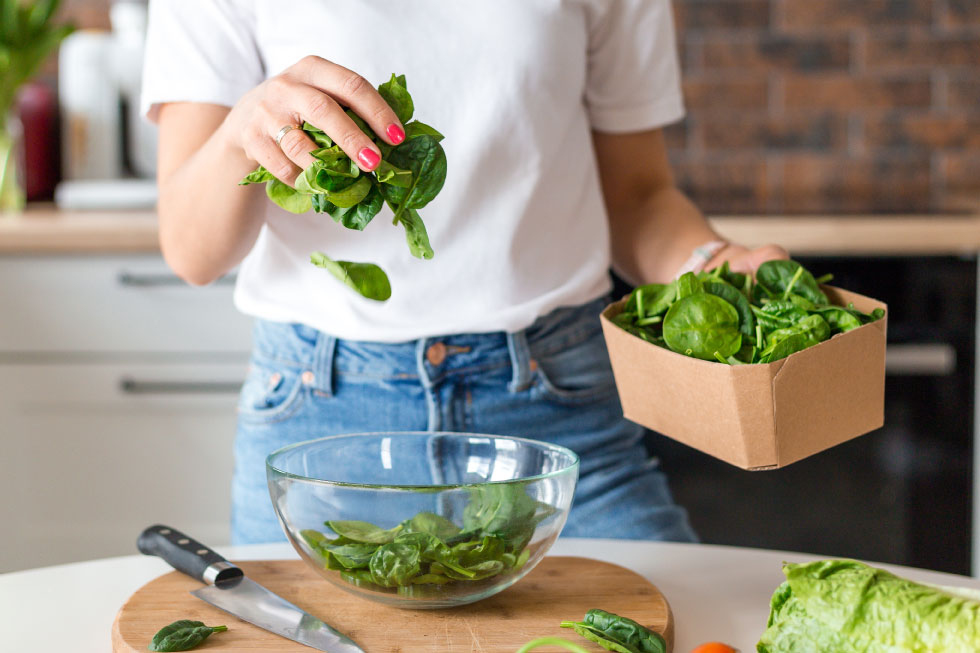
National Salad Month
If you looovvveee salads and have a food allergy, then you have come to the right place! Let’s face it, food allergies are no fun, and they force extra thought before you eat anything.Take a salad for example, this one can be tricky. There are many different types of salads out there, and they all contain different ingredients, sauces, and dressings; it may be difficult to figure out if your salad may potentially contain a food allergen. The FDA defines eggs, milk, soy, peanuts, tree nuts, fish, shellfish, and wheat as the eight major allergens- note sesame will be added to this list on January 1, 2023.
1.Not adding the allergen directly or indirectly
This may seem obvious, but not adding the allergen or even having it around during preparation is a must. Not adding food allergens indirectly is where it gets tricky. Food allergens can present in other foods and may be disguised by other names that may or may not sound similar to the allergen. Another way food allergens may be indirectly added to food is if the item was prepared in a facility that produces the item, this is cross-contamination. For example, let’s say you are allergic to soy and just made a salad, and then you realize you have an itchy throat or break out in hives, and you think what was in that salad?! Then you look at a sauce you added to your salad, and it says, made in a facility that processes soy products. You have found the potential culprit if you are on the more sensitive side of the allergy!
- Make your own Salads
Making your own salads gives you the flexibility to know what is being put in your salad and not have to second guess about possible contaminants or worry about cross-contamination. For example, let’s say you have an allergy and decided to eat out. A third of the way into eating, you notice that your lips start to tingle. Your first thought might be, am I allergic to something other than what I know I’m allergic to? Then you start stirring the salad around, and there were a few walnuts in the bottom. Instances like this could be avoided if one makes their own salad. Sometimes bringing your meal may not be feasible, and if it’s not, here are a few tips to reduce exposure to food allergens:
- Look at the menu ahead of time
- If you are unsure about a particular ingredient, call the restaurant or place you are going to eat at
- Ask what measures does that food chain does to prevent cross-contamination (wiping the counter before food is made and switching gloves)
- Call in your order ahead of time and explicitly state that you have a food allergy and make sure your food is handled properly
- Use Fresh ingredients
Using fresh ingredients in your salad saves time and lowers the risk of accidental exposure. When you use fresh ingredients, you do not have to read long ingredient lists. Also, you do not have to worry about cross-contamination of your ingredients or what else a facility makes; that is also where you purchased your item.
